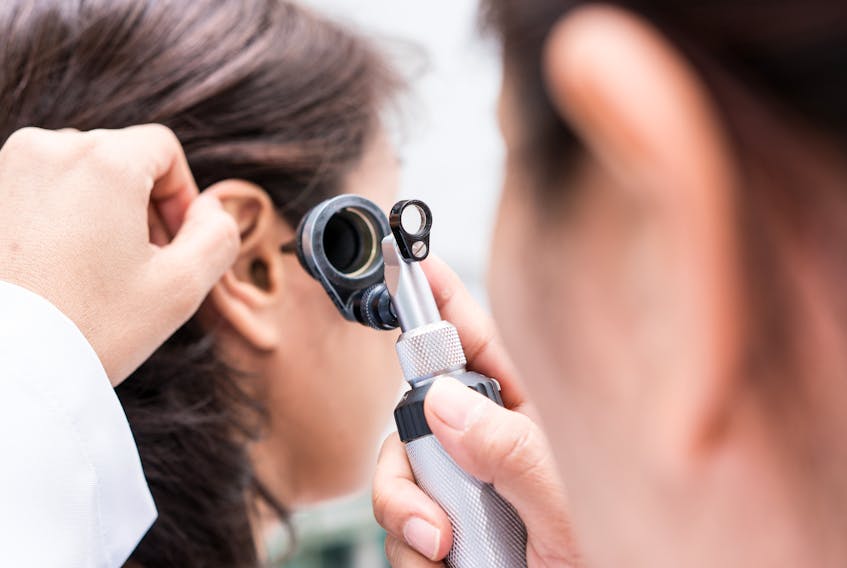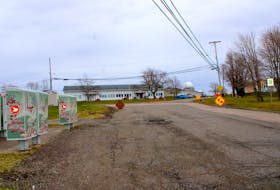Nova Scotia's Workers Compensation Board Appeals Tribunal has denied a former correctional worker's appeal of a decision that refused him coverage for hearing loss he claimed resulted from working in a noisy environment.
In Thursday's written decision, the tribunal decided that there was not enough evidence to support the claim that the unnamed worker's hearing loss was caused on the job.
The appeal was the third in the case. The original WCB decision denied compensation for the man, who worked in corrections from 1974 to 2010, because he did not have his hearing tested within five years of leaving his job. He appealed and that ruling was overturned, with worker awarded compensation of three per cent of his wages and medical aid in the form of hearing aids.
But that decision was reversed in another appeal, launched by the employer, the provincial correctional service in the Justice department, which argued there was no evidence of exposure to hazardous levels of noise in the workplace.
The most recent ruling is the result of the worker's appeal of that decision.
In an oral submission to the tribunal, he claimed that his job required him to work in an environment that included the slamming of metal gates, yelling, frequent tripping of loud alarms and training in the use of pepper spray grenades.
"The Worker testified that inmates are typically loud and described daily altercations, constant noise at mealtime and televisions which blared," the decision states. "The Worker described an alarm system in one facility that the inmates would set off, which was very loud because the alarm was located in the corrections officers’ room."
He also said the facility's loudspeaker system was constantly in use and people had to yell to be heard over announcements.
The grenades would be used in riot situations. Such occurrences were already loud but the grenades added to the din through their shock value, he said.
"The Worker noted that hearing protection could not be worn because corrections staff needed to be alert and fully aware of their surroundings," the decision said. "The Worker testified that noise is a common problem in corrections facilities but noted that he was not aware of any noise testing at the facilities where he worked."
That was a key factor in denying his appeal as the tribunal could find no results of any tests that determined how loud the working environment is in a correctional facility.
"The Worker testified in a straightforward manner," the decision said. "I accept that he found his employment environment noisy. The applicable policy requirements, however, require more concrete evidence of occupational noise levels."
In Nova Scotia, government regulations set the acceptable limit for noise exposure in the workplace at 85 decibels for eight hours.
According to the Centre for Disease Control website, general conversation registers about 60 dB, a whisper is about 30 dB and a running motorcycle engine is about 95.
The CDC says noise above 70 dB over a prolonged period of time may start to damage your hearing.









